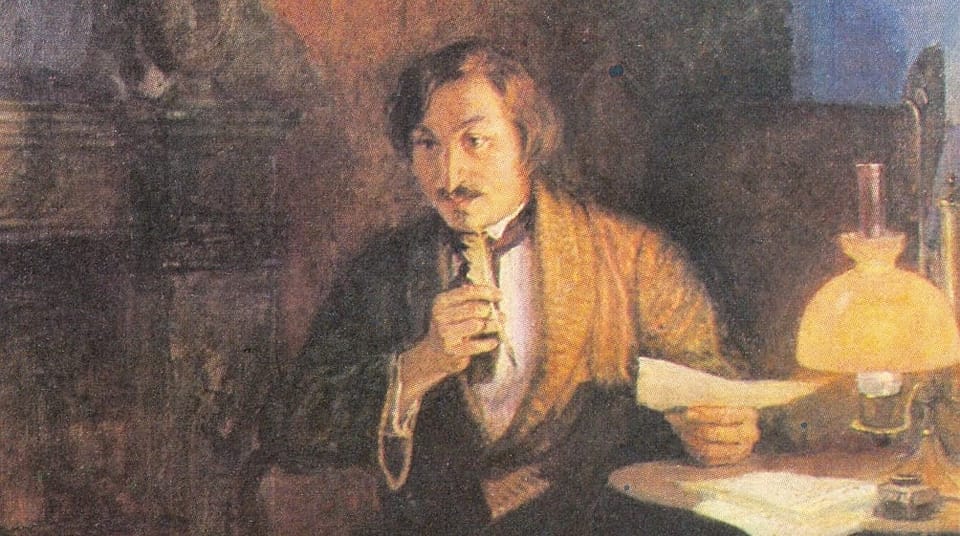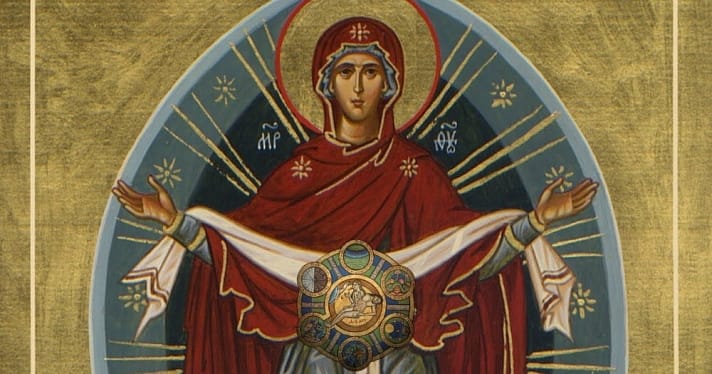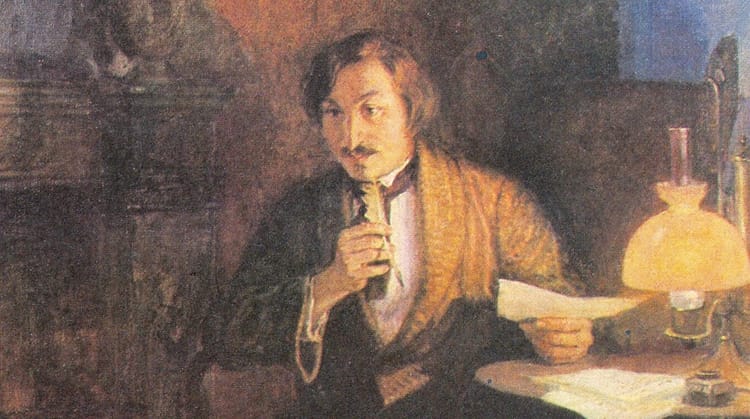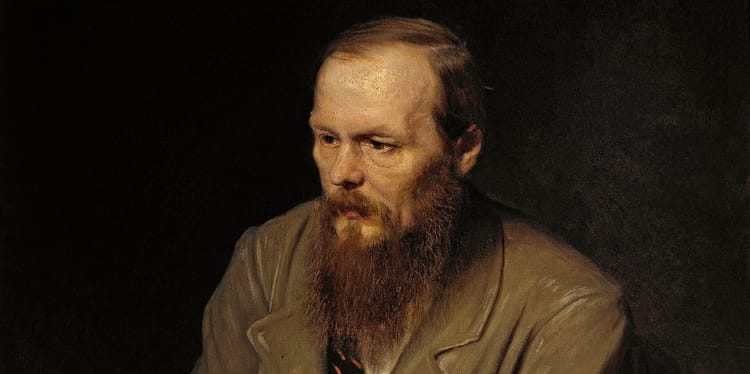The Christian marches on

My friend! Never think of yourself as anything other than a student and a pupil. Never think that you are now too old to learn, that you have attained the fullness of your potential or that your soul and personality have reached their final form and cannot be improved any further. A Christian never graduates; he remains a student until his last breath. We are accustomed to believe a man attains the full development of his intellect by the age of thirty. From thirty to forty, he still makes some progress, moving forward in small ways, but after forty he progresses no more. Everything he produces from then on is not only no better than what came before, but it is worse. None of this is true for a Christian. Where others would see the limit of perfection, a Christian would see its very beginning.
The most talented and gifted grow dull, tired and frail once they cross the age of forty. Look at the best philosophers and all the most outstanding bright geniuses known in history! Their youth and adulthood were their true prime; yet afterwards many would lose their minds, and even revert to infancy in old age. Consider Kant, who lost his memory entirely in his last years and regressed into childhood by the time of his death. Yet in the lives of the saints, we see that as they neared death, their minds and spirits grew ever stronger. Even those who lacked impressive natural gifts and were considered simple-minded all their lives would astonish everyone with the sheer eloquence and wisdom of their words. How could that be? That is because they had always kept the aspirational force most people only have in their youth. That is the force that drives man to aspire to great deeds, lured by the shining rainbow of praise that so many find irresistible. Once you stop seeing the great deeds and the rainbow, you also lose the force of aspiration.
Yet the Christian's gaze is always at the bright horizon in anticipation of great deeds. Always a young soul, he yearns for the battle of life. He always has something to fight, for his ever-deepening self-perception constantly reveals new transgressions that he must fight off and overcome. That is why his life force never weakens or falls into slumber; instead, it only grows stronger. He yearns to be the best version of himself and become worthy of the Heavenly Crown, and that gives him such an impulse that no ever-greedy and vainglorious slave of pride could ever hope for. That is why the Christian marches on where others start backing away, and why he grows in wisdom the farther he is down his path.
Intelligence is not our highest faculty. It is but a policeman of our mind; it can only organise and rearrange what we already have. It will not move forward unless moved by other faculties of ours that make it better. Vain readings, musings and studies could only ever help it progress slightly. Sometimes they even suppress it and hinder its independent development. It is much more heavily dependent on our mental state. If we are consumed by passions, our intelligence turns blind and foolish. If we are at peace and unaffected by passions, our intelligence is likewise clear and sensible. Reason is an incomparably higher faculty, yet it can only be attained by overcoming temptations. It is only possessed by those who did not neglect to cultivate their inner world. Yet even reason does not fully allow a man to march forward.
There is but one highest faculty; it is wisdom, and it is Christ alone who can give it to us. No one receives it at birth. No one has wisdom naturally, for it can only be bestowed upon a person as the highest heavenly grace. He who already has both intelligence and reason can only attain wisdom if he prays for it day and night, pleads with God for it day and night, cultivating his soul towards perfect dove-like meekness and purity. This heavenly guest eschews homes that are in mental discord and lack perfect harmony in everything. Yet should she enter someone's dwelling, his life becomes heavenly as he finally comes to understand the wondrous sweetness of being a student. Everything becomes his teacher; the whole world is his teacher, and the least of men can be his teacher. He will uncover a seed of wisdom in even the blandest advice; even the most trivial subject will reveal its depth to him. The entire universe, to him, will be an open book he can study. He will relish in its treasures more than anyone else will, for he hears more than anyone else that he is but a student.
Yet should he assume, even for a passing moment, that his studies have come to an end and he is no longer a pupil, should he get offended by someone trying to teach or guide him, then wisdom should swiftly abandon him, and he will be left in darkness, like Solomon in his final days.




